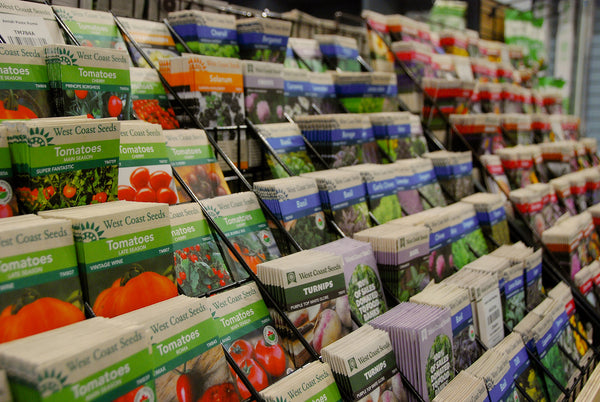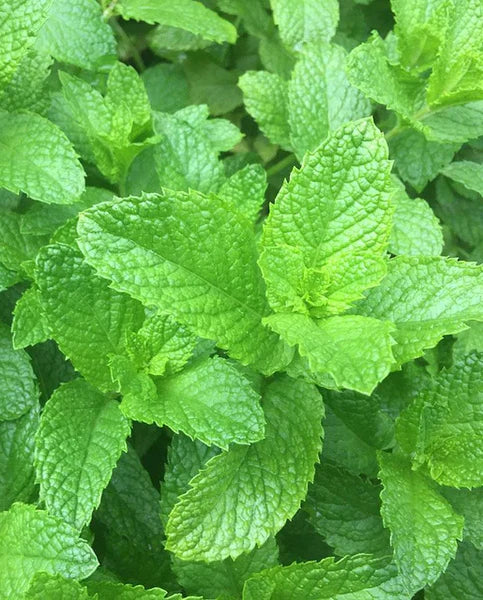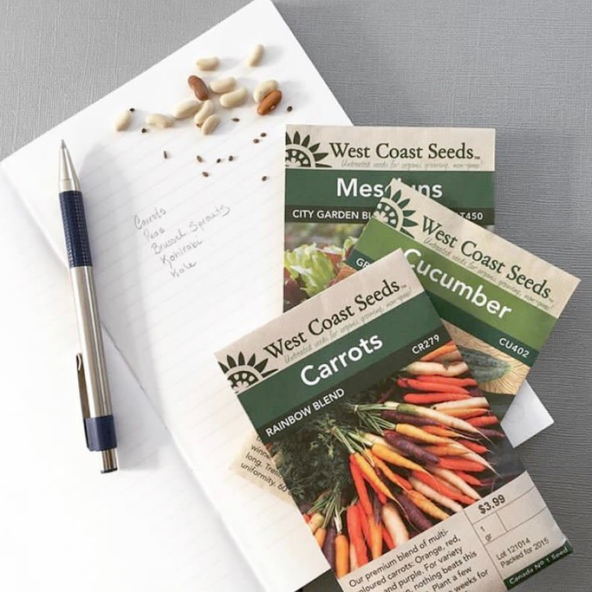Before the severe cold and damp of winter arrive, it’s a good idea to take a couple of steps to care for garden tools. With a bit of simple care, you can extend the life of a garden hose or hoe by years. We have assembled some tidbits of advice here, but would love to hear any other ideas from our legions of gardening friends.
Irrigation – Most importantly, don’t let water freeze inside your irrigation tools. Hoses should not be left attached to outdoor spigots during freezing temperatures. Instead, detach your hoses, and run them over a fence, ladder, or other tall object to drain as much water as possible, and wind the empty hoses into tidy coils. Nozzles and sprayers should be detached and brought indoors, or into the garage or tool shed, so that water doesn’t freeze inside them, breaking seals and causing leaks.
Hoes, shovels, forks, and rakes – Before you put that hose away, use it to spray as much dirt as possible from all of your metal tools. Try to get them really clean. Depending on what metal your tools are made out of, they may be prone to rust. Clods of soil can hold moisture in the nooks and crannies around screws, and the pieces that attach your tools to their handles. For metal that is prone to rusting, give it a good scrub with some steel wool, and wipe the surfaces briefly with an oiled rag. Use household 3-in-1 oil. Some kinds of hoes will benefit from sharpening against a file or stone.
Spring and hinge tools – Secateurs, scissors, hedge clippers, and all other hinged tools need some special attention before they go to bed in the fall. Get them really clean with some steel wool, and then let them dry completely. Consider using some 3-in-1 oil or WD-40 to lubricate the hinges. Wipe down any metal that is liable to rust with an oiled cloth.
Wooden tool handles – Whether it’s the handles of your hedge pruner or the long ash handle of your specialty hoe, wood deserves as much attention as metal. Linseed oil, or the more expensive boiled linseed oil, is a very good wood preservative. Very old handles that are beginning to deteriorate can be worked over with a piece of 80-grit sandpaper before the oil is applied. If you do choose to apply linseed oil, do more than one application – wait an hour after the first applications, and then repeat. Add more linseed oil every six months to really give wood a long life.
Check out our Harvest Tools, Seed Sowing Tools, and Hand and Weeding Tools available online or in-store.
















